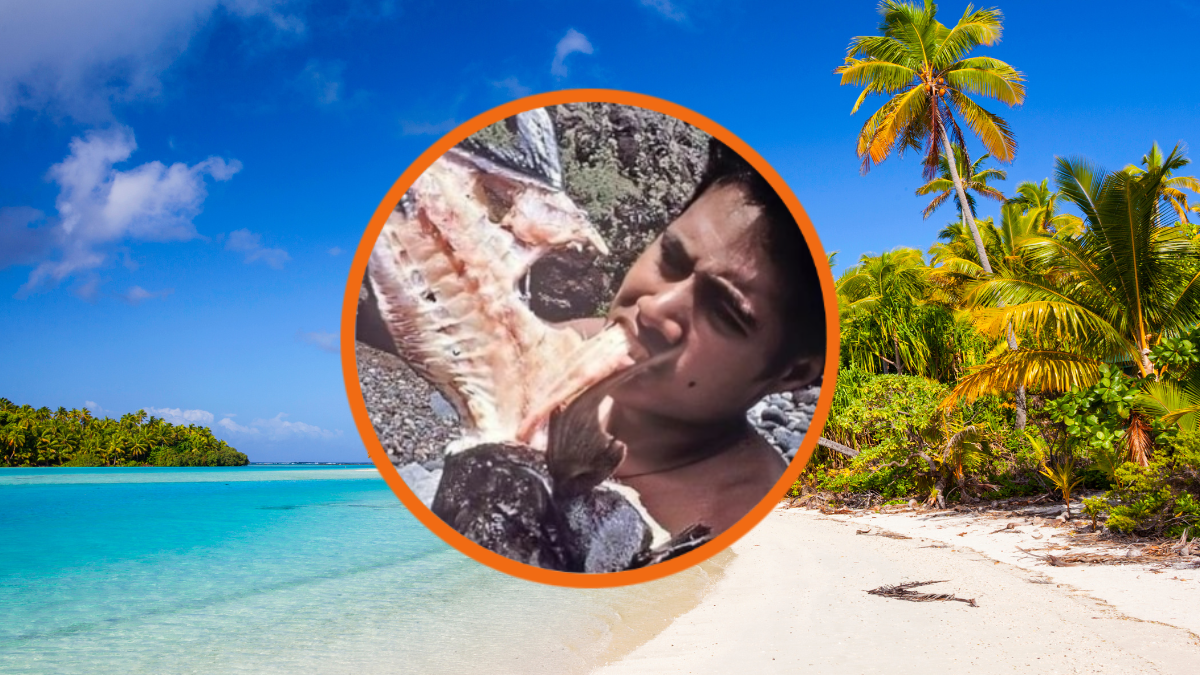
Even if you haven’t read William Golding’s Lord of the Flies, you probably know the basic outline. A group of young boys is stranded on a deserted island and must survive, though soon descend into cruelty, savagery, and violence. It’s a pessimistic view of humanity, arguing that so-called civilized people are a few bad days away from abandoning all morality.
But Lord of the Flies actually happened, and the outcome was very different from Golding’s predictions.
In 1965, a group of six Tongan teenagers aged between 13 and 19 decided to run away from school. In what was hardly the most well-thought-through plan, they swiped a boat and headed out onto the open ocean. All too soon, a storm kicked up, snapping their anchor rope, destroying their sail and rudder, and sending them drifting 200 miles away from home.
Weak from dehydration and starvation, they miraculously spotted an island and crawled ashore. They found seabird eggs and ate a few, but without a source of fresh water, their situation was still perilous. Then they explored the interior of the island, discovering a ruined village. This had been abandoned for around a century, but the remnants of its past inhabitants had endured.
If this were a cautionary tale, at this point the boys would descend into feral, bloody anarchy, possibly cracking each other’s skulls open to feast on the goo inside. But, in a nice rebuke to gloomy doomsayers, the exact opposite happened.
The spirit of cooperation
The six boys began planning and cooperating, cultivating what was left of the original inhabitants’ wild taro and banana crops, while storing rainwater in hollowed-out tree trunks. One of the boys used two sticks to start a fire, which they kept burning continuously for over a year. They even constructed a makeshift guitar and began working on a concept album!
By this point, everyone assumed that the six boys had died at sea. Then an Australian fishing boat – the “Just David” – spotted patches of burnt grass on the island and Captain Peter Warner decided to investigate. Through binoculars, they spotted the boys, by now naked and unkempt. He cautiously approached the island, and one of the boys swam out to meet them.
Warner contacted the mainland by radio and, after 20 minutes, they received a reply:
“You found them! These boys have been given up for dead. Funerals have been held. If it’s them, this is a miracle!”
That all six were happy and healthy really is a miracle. But there’s a twist in the tail. Remember that boat they stole? The owner wasn’t happy and pressed charges, with all six boys promptly arrested. At this point, Warner realized this when they didn’t appear at a party he’d hosted in their honor.
But, when he learned what had happened, he arranged for their story to be filmed, and used that money to compensate the boat owner, who went on to drop the charges.







